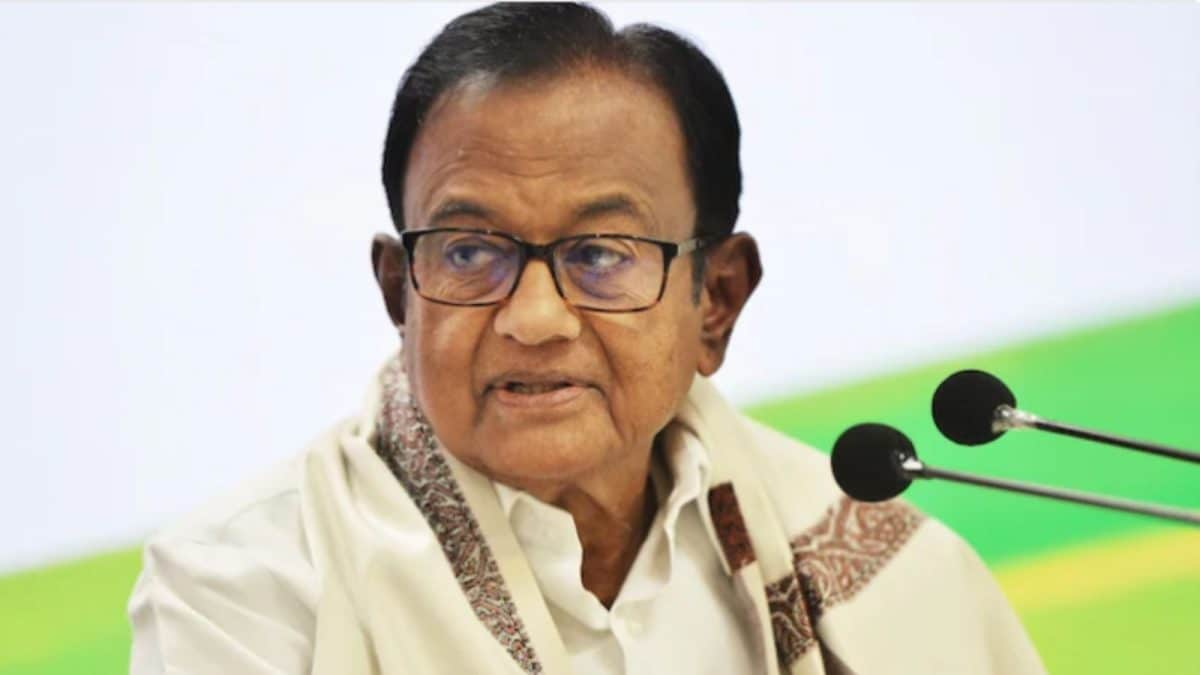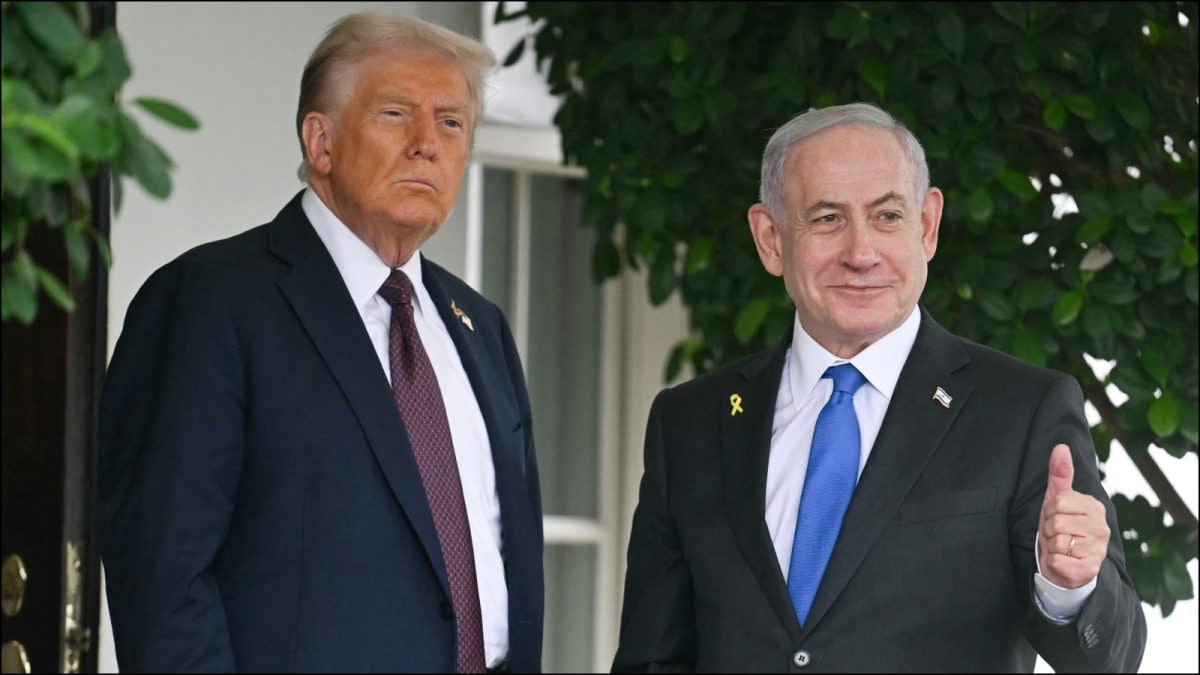Last Updated:
The veteran Congress leader revealed that then US Secretary of State Condoleezza Rice met him and the prime minister in India and asked them to not react to the situation

The veteran Congress leader, in an interview to a news channel, said: “The whole world descended upon Delhi to tell us ‘don’t start a war’.” (PTI)
Former Union home minister P Chidambaram has admitted that the then UPA government decided to not retaliate against Pakistan after the 26/11 Mumbai terror attacks due to international pressure, especially from the United States, and the stand of the Ministry of External Affairs. The Congress leader said though “retribution crossed my mind”, the government decided to not take military action.
His remarks, however, did not go down well with the BJP, which called the admission “too little, too late”.
Recommended Stories
The veteran Congress leader, in an interview to a news channel, said: “The whole world descended upon Delhi to tell us ‘don’t start a war’.”
Recollecting the reaction of the international community after the attacks which left over 160 people, including foreigners, dead, he said: “Condoleezza Rice, who was then US Secretary of State, flew in two or three days after I took over, to meet me and the prime minister. And to say, ‘please don’t react’. I said this is a decision that the government will take. Without disclosing any official secret, it did cross my mind that we should do some act of retribution.”
Chidambaram, explaining the discussions within the government in the aftermath of the terror strike, said he discussed a possible retaliation with the prime minister and “other people who mattered”. “The prime minister had discussed this even when the attack was going on… And the conclusion was, largely influenced by the Ministry of External Affairs, and the IFS, that we should not physically react to the situation,” he recalled.
India faced one of its worst crises on November 26, 2008, when 10 Pakistani terrorists took Mumbai hostage, launching coordinated attacks across the city’s iconic landmarks such as Chhatrapati Shivaji Maharaj terminus, Oberoi Trident, Taj Mahal Palace and Tower hotel, Leopold Cafe, Cama Hospital, and Nariman House. A total of 166 people were killed in the attacks before the terrorists were overpowered by security forces on November 29. The lone surviving terrorist, Ajmal Kasab, was executed in 2012.
Taking moral responsibility for the security lapse, then incumbent home minister Shivraj Patil had resigned from his post and Chidambaram was handed over the home ministry. However, the Congress veteran admitted that he was not in favour of being moved from the finance ministry.
“I got a call from the prime minister who communicated that there was a collective decision (by the then Congress president Sonia Gandhi and former PM Manmohan Singh) to shift me to the home ministry. I did not want to exit the finance ministry as I had had presented five Budgets and election was due in a year’s time,” he recalled.
Chidambaram’s admission, however, did not find any takers in the BJP, with Union minister Pralhad Joshi saying the country already knew that the Mumbai attacks were “mishandled due to pressure from foreign powers”.
The BJP has often pointed to India’s response to the 2008 Mumbai attacks as evidence of the United Progressive Alliance’s weak approach to foreign policy and national security. In contrast, the party highlights the more assertive actions taken under the BJP-led National Democratic Alliance government, including the 2016 surgical strikes after the Uri attack, the 2019 Balakot air strike following the Pulwama attack, and the 2025 Operation Sindoor launched in response to the Pahalgam terror attack.
BJP spokesperson Shehzad Poonawala alleged that Chidambaram was initially reluctant to take charge as home minister in the wake of the Mumbai attacks, wanted military action against Pakistan, but “others prevailed”.
BJP spokesperson Sudhanshu Trivedi called the comments “worrying” and added: “This makes it clear what their inclination was regarding dealing with Pakistan. Just nine months after the 26/11 attacks, a joint declaration with Pakistan was signed in Sharm El-Sheikh, Egypt, a neutral location in July 2009. It is both sad and astonishing that Balochistan was mentioned in this joint declaration. This means, in a way, they were ready to accept that falsehood as well.”
“This makes it very clear that whether it is the battlefield, the field of diplomacy, or the sports arena, the Congress and the INDIA grouping are always ready to pave the way for Pakistan,” Trivedi said.
About the Author
The News Desk is a team of passionate editors and writers who break and analyse the most important events unfolding in India and abroad. From live updates to exclusive reports to in-depth explainers, the Desk d…Read More
The News Desk is a team of passionate editors and writers who break and analyse the most important events unfolding in India and abroad. From live updates to exclusive reports to in-depth explainers, the Desk d… Read More
September 30, 2025, 08:20 IST
Loading comments…
Read More



